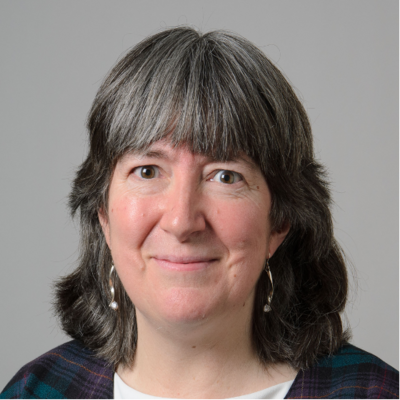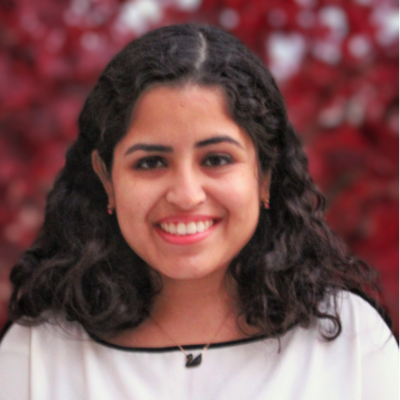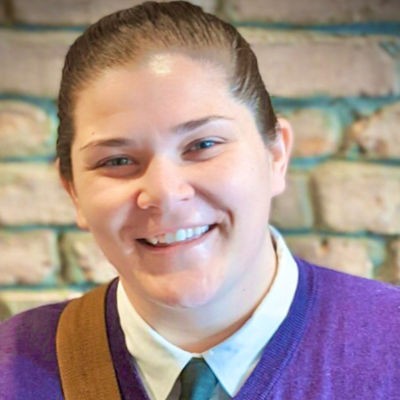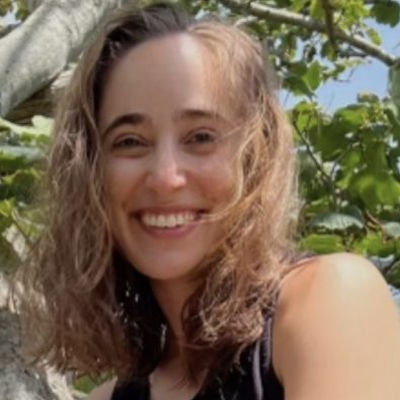About Dr. Carol J. Gray (she/her)
Education
- Ph.D. and MA in Political Science; Grad. certificates in Feminist Studies; Human Rights; and Race, Ethnicity & Politics, University of Connecticut
- JD, Northeastern University School of Law
- LLM, Georgetown University Law Center
- Diploma in International Human Rights Law, American University in Cairo
- BA in African Studies, Wesleyan University
Post Graduation
- Assistant Professor of Public Law at the University of Alaska Fairbanks in the Department of Political Science and a member of the Women, Gender, and Sexuality Studies program
- Fulbright Scholar in Montreal, Canada, and a Rotary International Ambassadorial Scholar in Cairo
- Prettyman Fellowship teaching in Georgetown University Law Center’s Criminal Justice Clinic
- National Association for Public Interest law Fellowship (now Equal Justice) at the Georgia Resource Center in Atlanta
- Mary Miles Bibb Teaching Fellow at Framingham State University

Testimonial
"Obtaining the Feminist Studies certificate was a critical part of my educational development. It provided me more resources to incorporate gender, in an interdiscipinary context, as an essential part of my pedagogy. In every political science course I teach, I integrate women authors (including those of color and from the Global South), women’s rights, and intersectionality with race, class, and gender with my roots for these in theWomen, Gender, and Sexuality Studies (WGSS) program. As a doctoral student, my research was supported by the Wood/Raith Gender Identity Living Trust Fellowship. One stream of my current research investigates issues of gender and race focusing on Mary Bibb, the first African American woman to graduate from Framingham State University who, with her husband, published one of the first African American newspapers in Canada focusing on the anti-slavery movement in the 1800s."


